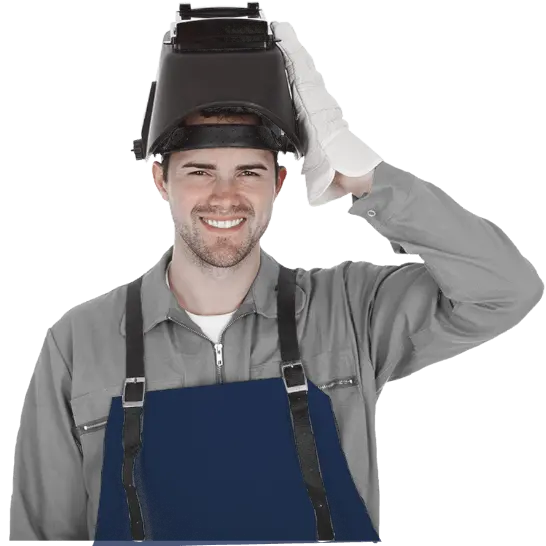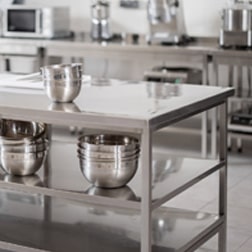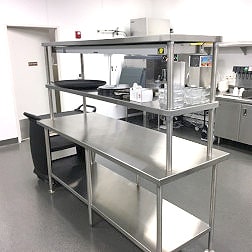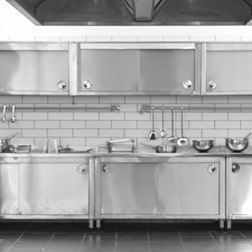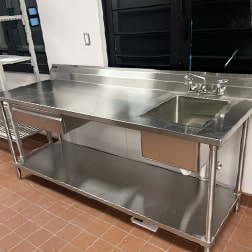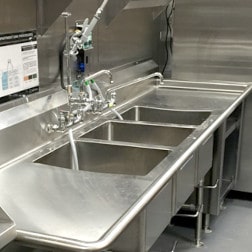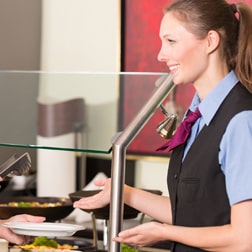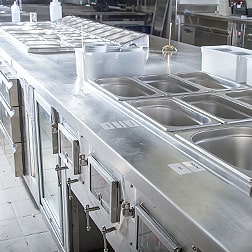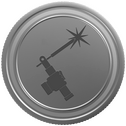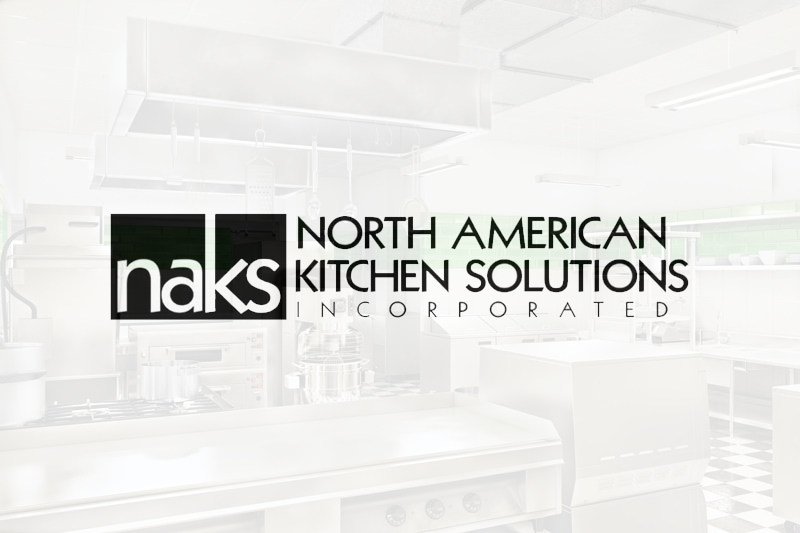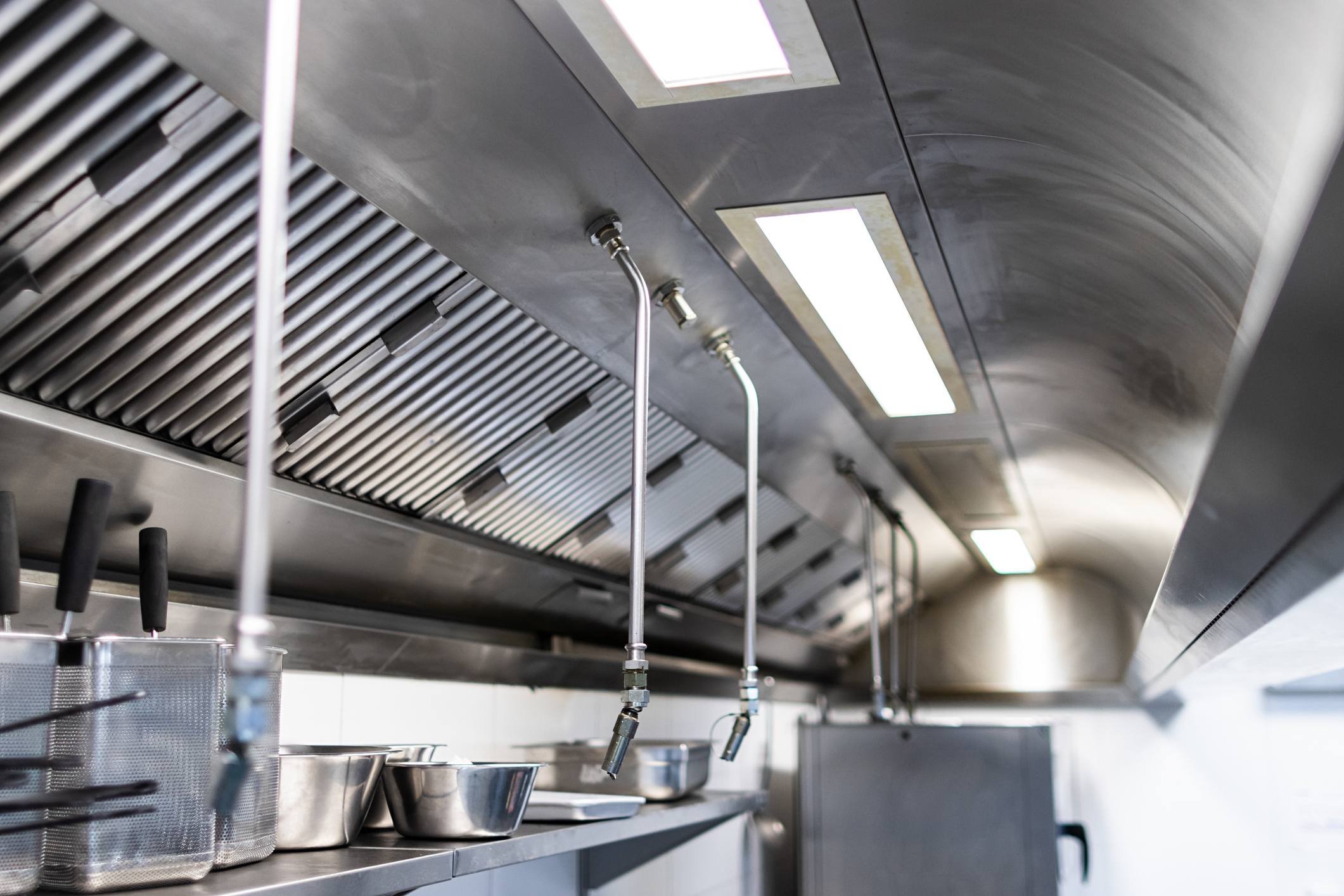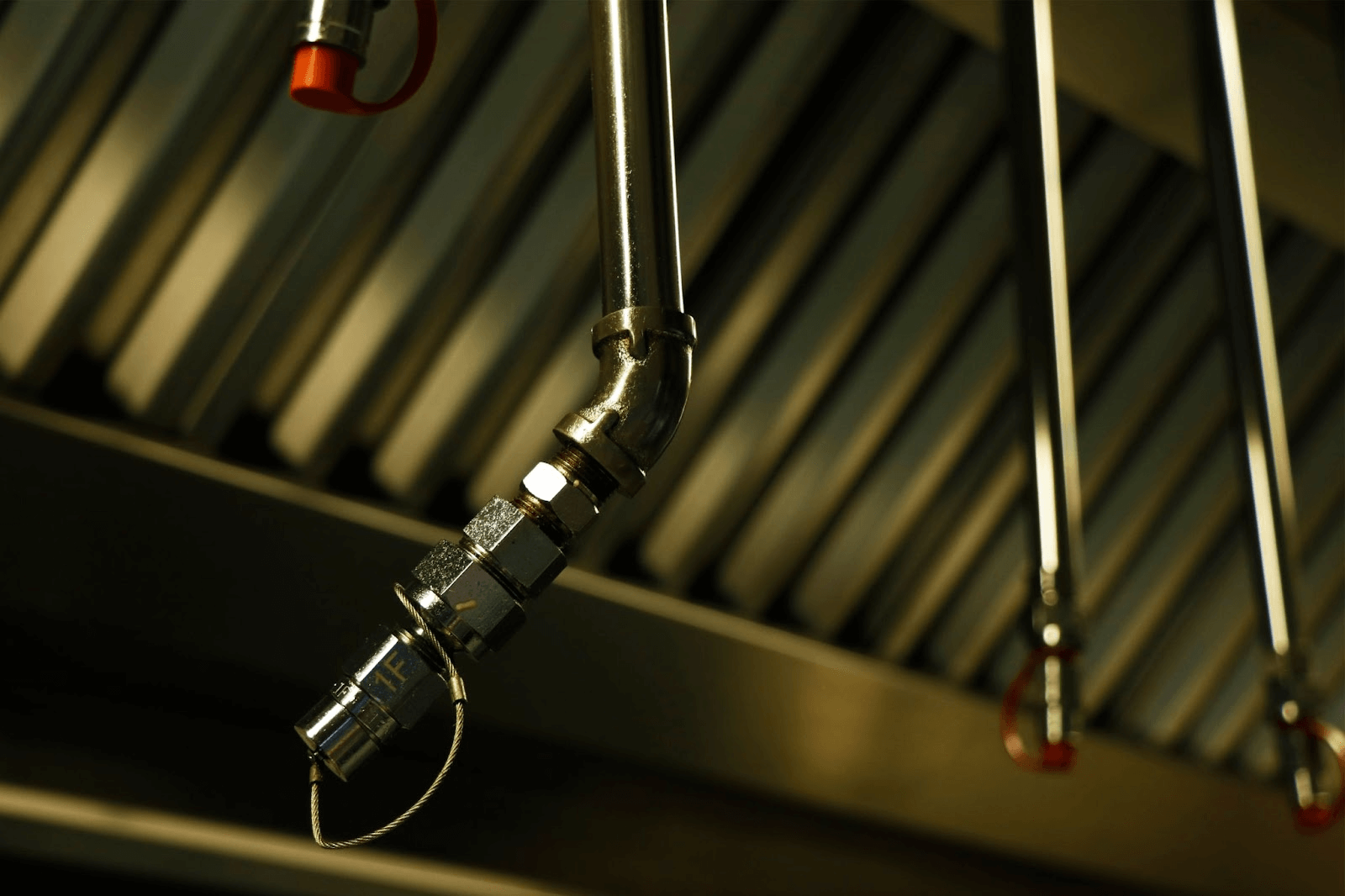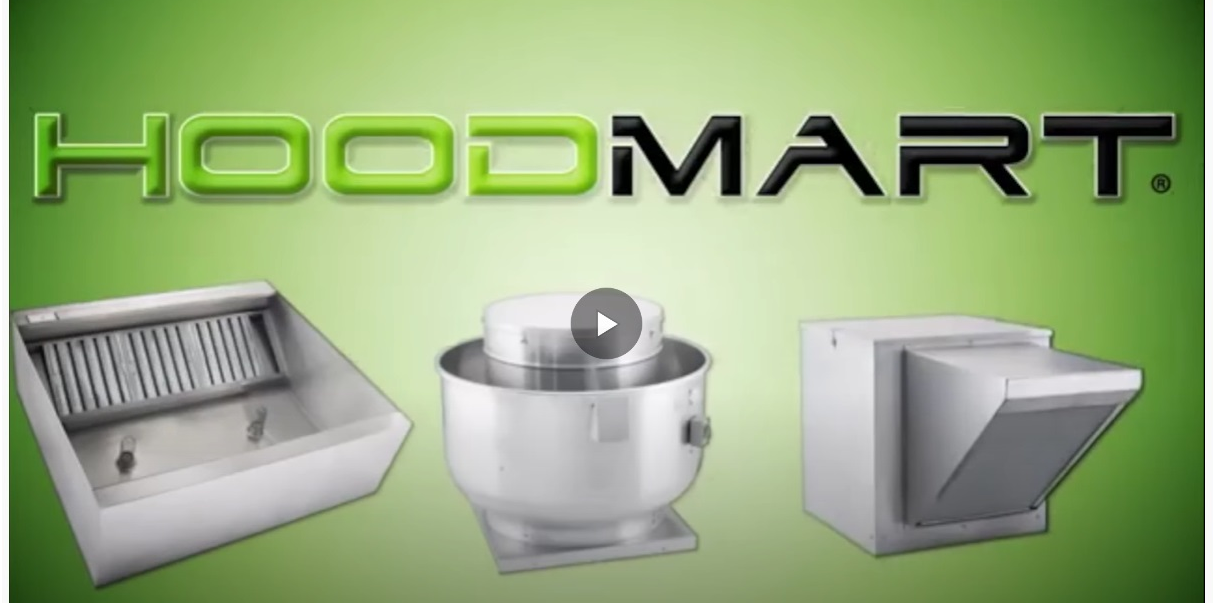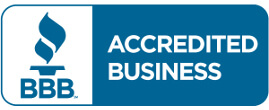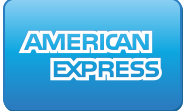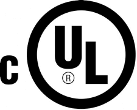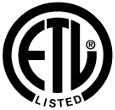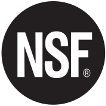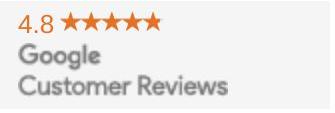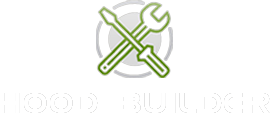How Often Should You Be Cleaning Your Kitchen Exhaust Hood & Ventilation System?
- August 10, 2022
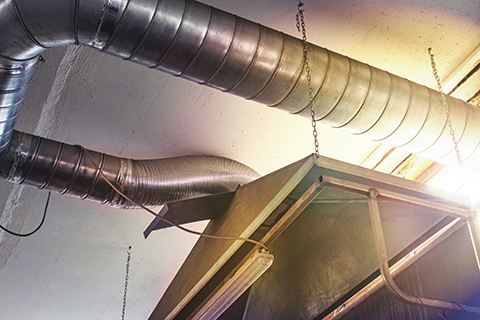
Running any restaurant kitchen operation requires keeping up with industry regulatory codes. These codes are put in place to help provide a standardized safety guideline for restaurants to operate on to ensure the safety of the kitchen staff and the patrons of the restaurant. One of the most important regulatory codes is NFPA 96 (National Fire Protection Association 96). NFPA 96 is described as a set of codes and standards for ventilation control and fire protection of commercial cooking operations by the National fire Protection Association, and are followed by local and state fire and building inspectors, as well as insurance agencies, when reviewing your kitchen space. NFPA 96 is broken down into different sections for different parts of the ventilation control and fire protection equipment, including but not limited to cleaning frequency, rooftop grease containment requirements, grease removal devices, fan hinges, solid fuel cooking systems & spark arrestor filters, and more. The intention of NFPA 96 is to give restaurants a list of requirements that are proven to help prevent grease buildups which can lead to potential grease fires and other issues that can arise with grease build ups in the air and on surfaces.
One of the most common causes of grease fires in a kitchen space is grease buildup and this almost always because of kitchen exhaust system that wasn’t properly cleaned and maintained, causing grease deposits throughout the kitchen vents, ductwork, and upblast fans. The grease spreads throughout the entire ventilation system of a restaurant which can often times make it hard to know just how much grease has built up over time. Aside from the grease fire risk, grease build ups in vent, hood and exhaust systems can also damage your kitchen equipment, including the actual exhaust hood system. When grease deposits form on critical electrical components it can cause them to work inefficiently, requiring not only that component to work extra hard but also any pieces of equipment that rely on that piece of equipment. This extra works causes increased wear and tear on exhaust system components that will eventually lead to damage, and eventually the need for repair and / or replacement. One of the key aspects of NFPA 96 is standardized cleanings of your exhaust hood system. The frequency of cleanings is determined by the type and volume of cooking that is taking place in the kitchen area.
Monthly - Solid fuel cooking operations (including wood, charcoal, wood pellets, coal, etc.)
Quarterly - High-volume cooking operations (24-hour kitchens, wok cooking, charbroiling, etc)
Semi-Annually - Moderate to low-volume cooking operations
Annually - Low-volume cooking operations (seasonal businesses, churches, day camps, senior homes, etc.)
On top of the cleaning frequencies, NFPA 96 requires all restaurants to have a rooftop grease containment system for each rooftop exhaust fan. These rooftop containment systems help prevent oils, fats, and grease from posing up and collecting on the surface of the rooftop, and protects the roof from high risk grassfires, breakdown of roof materials, and other forms of structural damage. Keeping up with NFPA 96 code is crucial to running your kitchen - if you are not up to code you not only risk fines and temporary closings, but you put the heath and safety of your kitchen staff and patrons at risk. Keeping up with regular NFPA 96 standard hood cleanings will help to ensure that your kitchen operation runs smoothly and that you stay operational for the long haul. HoodMart provides our customers with a wide range of exhaust hood systems - from Compensating (Short Cycle) to Perforated Supply Plenum (PSP) - as well as all exhaust hood accessories such as no-weld grease duct, hood filters, canopy hood lights, and curbs. We also offer a wide range of walk-in refrigeration systems to meet your needs. If you still have questions regarding the purchase of your hood system, please feel free to contact one of our experts today by calling us at 1.855.411.6386 or contacting us through our live chat system.



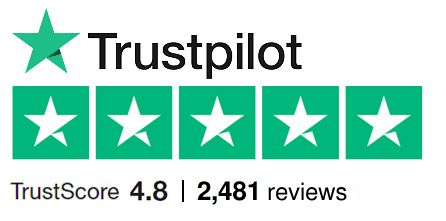




 CUSTOM FABRICATOR
CUSTOM FABRICATOR